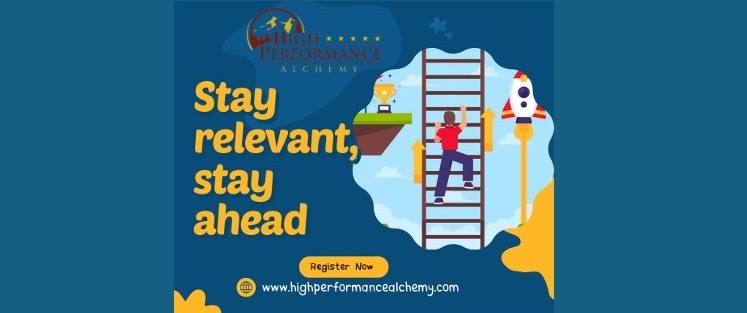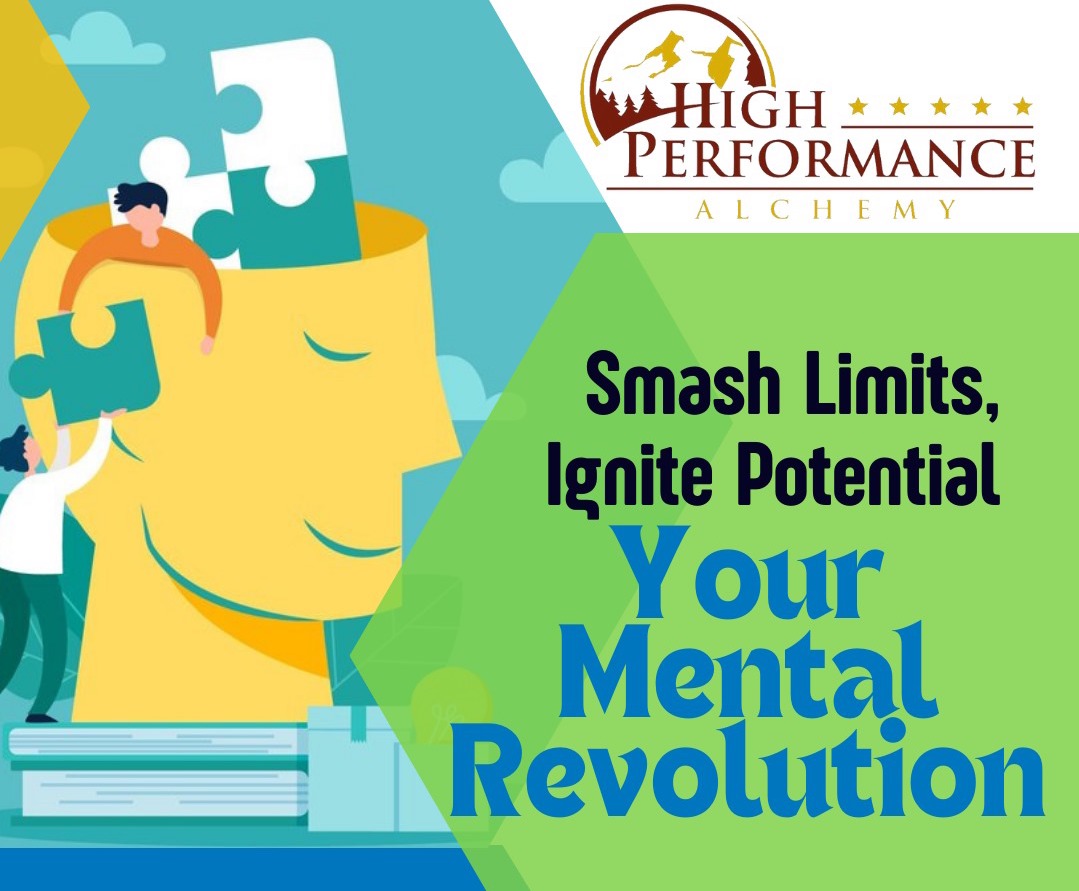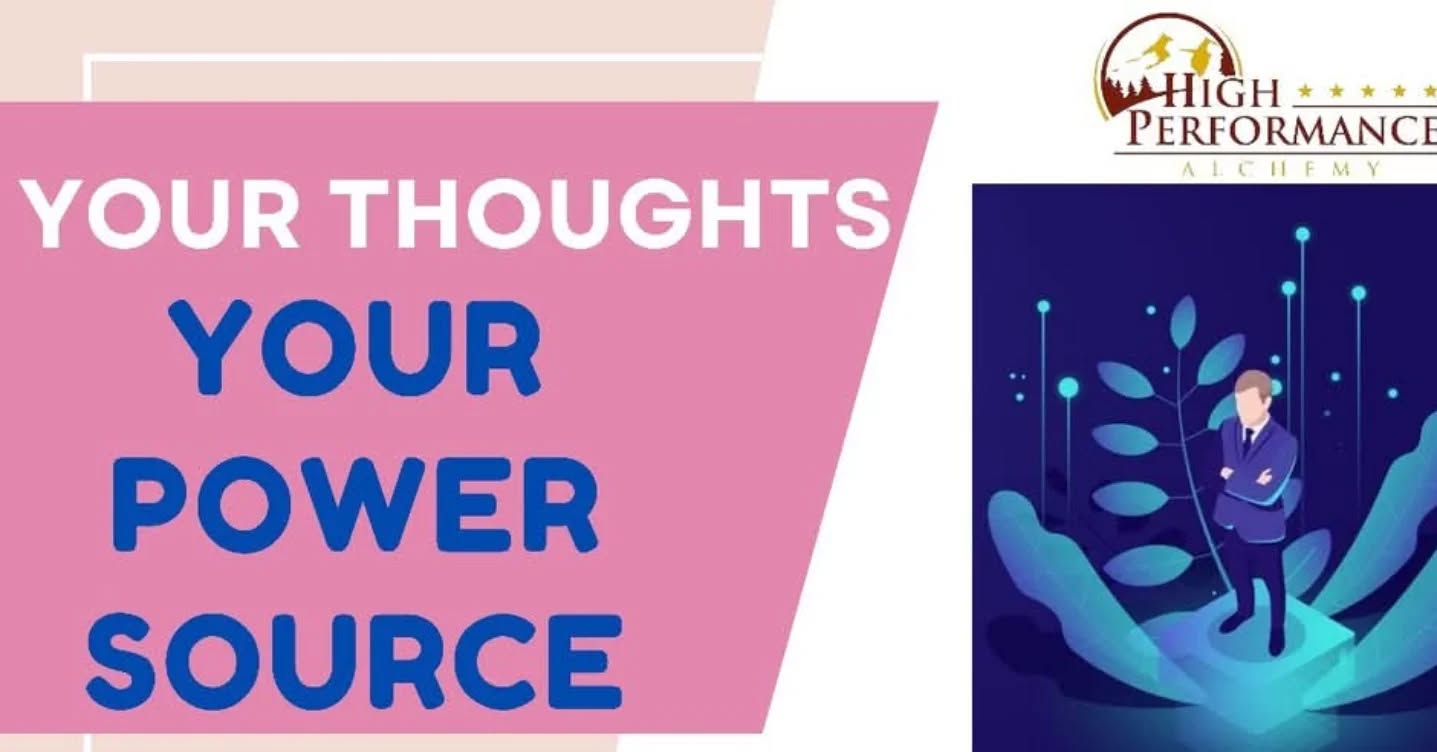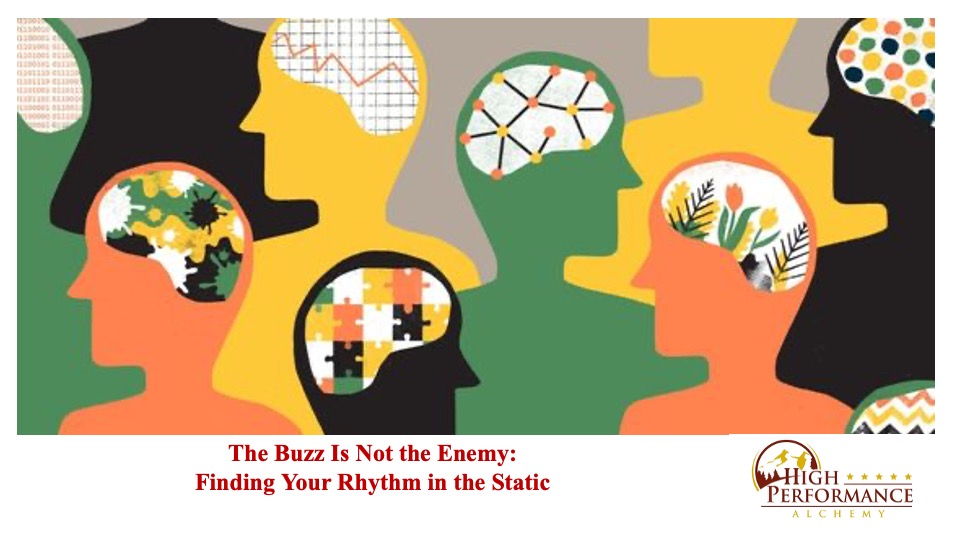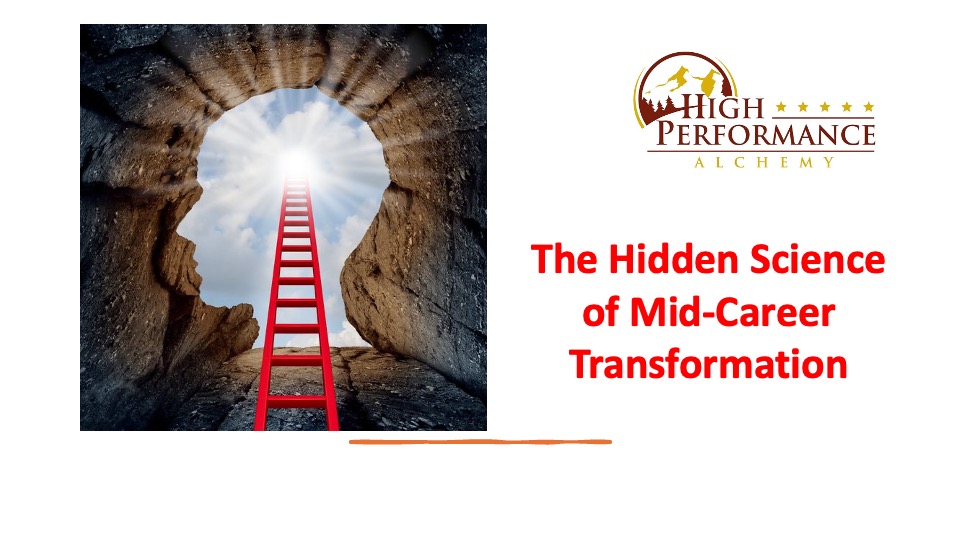In today’s rapidly shifting world of work, one truth has become crystal clear: performance is everything. In the past, it was about showing up, checking boxes and following processes. But now—with AI automating the routine and predictable—your ability to perform at a high level, consistently and creatively, is your greatest asset.
Performance is no longer just about delivery. It’s about agility, depth and presence. It’s the key to standing out, staying relevant and rising to leadership. And when we combine insights from neuroscience, AI and executive coaching, we find a powerful formula for thriving—not just surviving—in today’s demanding landscape.
📈 The AI Shift: A Whole New Playing Field
AI tools have infiltrated nearly every industry. From content creation to data analysis, scheduling to customer service, AI handles tasks once owned by humans. It’s no longer a matter of if AI will impact your job—it already has.
A 2023 McKinsey Global Report found that up to 60% of roles could have 30% or more of their tasks automated by AI.
This shift means that value no longer lies in doing more—but in doing what AI cannot. Human judgment, creativity, emotional intelligence, adaptability and innovation are the new currencies of performance.
AI raises the bar. It doesn’t replace you—it redefines what you are valued for.
🧠 Brain Science Behind Peak Performance
So how do you outperform? The answer lies inside your brain.
Neuroscience reveals that high performers frequently enter a mental state known as flow—a zone of intense focus, full immersion and effortless productivity. First described by psychologist Mihaly Csikszentmihalyi, flow is now backed by decades of neurological research.
When you are in flow:
- You focus deeply and sustain attention longer
- Your brain releases a cocktail of performance-enhancing neurochemicals: dopamine, norepinephrine, endorphins and anandamide
- Your inner critic quiets down (thanks to transient hypofrontality) so you take creative risks
- You learn faster and retain more
According to research from the Flow Research Collective, individuals in flow can experience up to 500% increase in productivity, 600% increase in creativity and learn tasks in half the time.
These aren’t just fun facts. They are performance levers you can control.
🔧 3 Performance Levers You Can Activate Today
1. Design a Flow-Friendly Environment
- Eliminate distractions (email and phone notifications reduce IQ by 10 points!)
- Time-block 90-minute periods of deep work
- Use clear goals and feedback loops
- Match challenge to skill level (flow requires a stretch, not stress)
- Take active recovery breaks to reset your focus
Your brain needs structure and space to perform. Treat focus like a precious resource.
2. Make AI Your Partner, Not Your Threat
Use AI to eliminate friction and optimize your efforts:
- Automate mundane tasks (scheduling, summarizing, inbox management)
- Brainstorm or outline content faster
- Analyse large data sets for insights
This lets you focus on strategic, creative or relational work. The best performers today know how to partner with AI, not compete against it.
A 2024 Stanford study showed that employees using AI in a collaborative way experienced 32% more engagement and 27% faster project delivery.
3. Invest in Executive Coaching
Coaching is not therapy. It’s not cheerleading. It’s science-backed methods in motion.
- Coaches help you identify and reprogram limiting beliefs
- They guide you to reframe challenges as opportunities
- Through proven techniques, they install new cognitive habits
- Most importantly, they build self-awareness, which activates your prefrontal cortex—the decision-making hub of your brain
This is where lasting performance upgrades happen.
Coaching improves mental clarity, confidence and resilience—all critical under pressure.
📊 Real-World Transformations: AI + Coaching
CASE 1: The Overwhelmed Manager
A regional manager at a logistics firm was struggling to keep up with daily chaos. Her time was spent putting out fires. After coaching, she restructured her week using AI scheduling tools, learned to set clearer boundaries and delegated more effectively. Within 3 months, her stress dropped by 40% and she became the top performer in her region.
CASE 2: The Stagnating Creative
A designer stuck in a creative rut started using AI as a sketch partner while receiving executive coaching to rewire his self-talk. The result? A 200% increase in idea submissions and one of his campaigns went viral.
These aren’t unicorns. These are professionals learning how to align their brains, beliefs and tech tools.
🎥 Must-Watch: The Brain & AI Revolution
For a deeper understanding, check out this TEDx Talk:
🔗 Neuroscience and Artificial Intelligence Need Each Other – TEDxKFAS
This powerful session explores how AI and neuroscience are converging to reshape learning, work and performance. It explains why understanding your own brain is as important as understanding new technology.
💬 Self-Reflection: Ask Yourself These 3 Questions
- When was the last time you experienced flow at work? What conditions led to it?
- How are you currently using AI? Are you leveraging it to reclaim focus and creativity?
- What belief is limiting your potential right now? What would it look like to release it?
💡 Share your answer to #3 with us in the comments section: “My limiting belief is ____ and this week I will….” Let’s begin the shift together.
🧠 Why Emotional Intelligence Is the X-Factor
AI can process data. But it can’t:
- Build trust
- Read a room
- Lead with empathy
- Resolve interpersonal tension
Your emotional intelligence—your ability to perceive, understand and regulate emotions—is still a uniquely human skill that remains in high demand.
Neuroscience shows EQ activates brain regions associated with empathy, decision-making and ethical reasoning—areas untouched by current AI models.
The performers who rise in this era are those who can blend EQ with IQ—with AI as their assistant.
🔄 Rewiring Your Inner Code
Let’s go deeper into neuroplasticity—your brain’s ability to rewire itself.
When you:
- Practice new behaviours
- Think new thoughts
- Interrupt old habits
- Reflect and course-correct
You are reshaping the neural pathways in your brain. Over time, you become the kind of person who acts, decides and performs differently.
Executive coaching accelerates this process by helping you:
- Identify unconscious patterns
- Replace outdated scripts
- Set up rituals that drive momentum
Think of it as mental software engineering—you debug, you refactor, you upgrade.
💡 The Coaching + AI Advantage
Here’s what happens when you combine neuroscience-informed coaching with smart AI tools:
| Element | Benefit |
| Coaching for Clarity | Better decision-making, sharper focus |
| NLP Techniques | Rapid mindset shifts and confidence installation |
| AI for Execution | Freed-up time and increased strategic thinking |
| EQ + Flow Engineering | Better relationships, higher-quality creative output |
It’s not just additive—it’s exponential. You are layering brain performance, tool mastery and self-awareness.
✅ Daily High-Performance Checklist
Here’s a mini-routine to start embedding what you have read:
- Morning Flow Trigger: 10-minute visualization + goal review
- 90-minute deep work sprint (no multitasking)
- 5-minute recovery ritual (walk, stretch, music)
- AI assist: use one tool to reduce friction
- Evening reflection: What worked? What did I learn?
Repeat daily. Watch your results compound.
📩 Ready to Perform Like Never Before?
This is your moment.
If you want to:
- Upgrade your thinking
- Activate flow states
- Reclaim energy and focus
- Use AI like a pro
- Lead with clarity and purpose
Let’s make it happen.
👉 https://www.highperformancealchemy.com/contact-us/
You don’t just adapt to the AI age—you lead it.
📣 Join the Movement
Post your answer to question #3 in the comments. Let’s help each other rewire, rise and own our performance.
#Performance #AI #ExecutiveCoaching #FlowState #Neuroscience #NLP #HighPerformanceAlchemy #EmotionalIntelligence #Neuroplasticity #LeadTheFuture #BrainScience #ThriveNotSurvive


